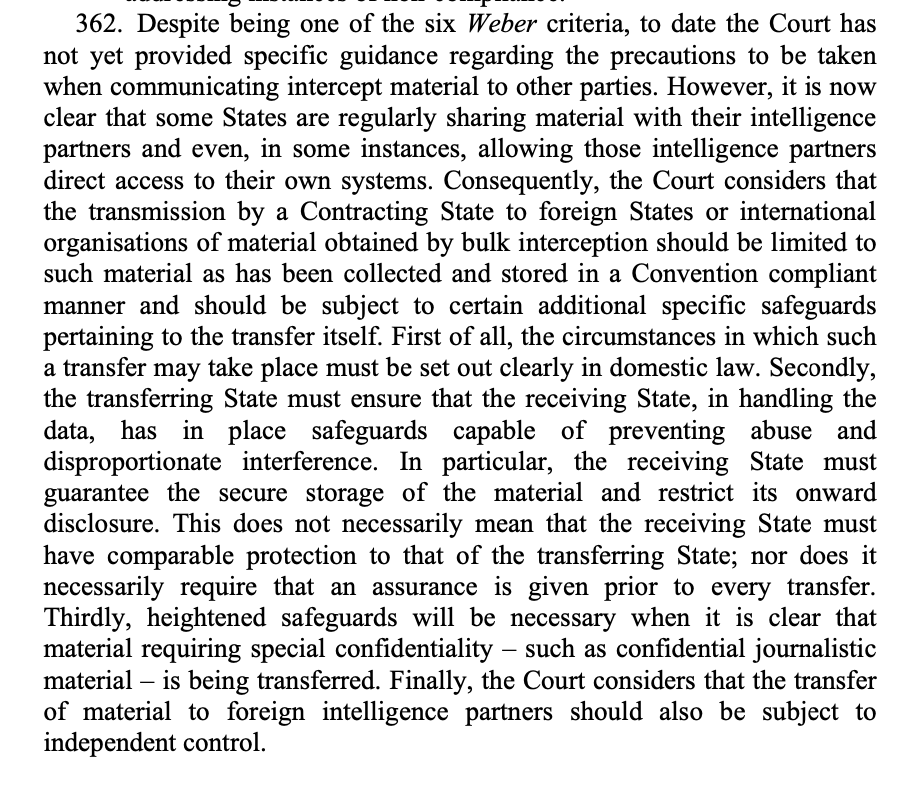
Concerned with platforms' power to map & reconfigure the world w/ ambient sensing? I'm *hiring* a 2-year Research Fellow (postdoc) @UCLLaws. Think regulating Apple AirTags (UWB); Amazon Sidewalk (LoRa), and—yes—Bluetooth contact tracing. (please RT!) 1/ atsv7.wcn.co.uk/search_engine/… 



You'll join a deeply interdisciplinary team of critical privacy engineers (@carmelatroncoso @sedyst); sensor experts (@SrdjanCapkun); epidemiologists and medical devices experts (@marcelsalathe @klausscho); and systems and security whizzes (@gannimo @JamesLarus @ebugnion) 2/
Just as platforms wanted to be the only ones who could sell access to populations based on how they use devices, they want to determine and extract value from how physical space is used and configured. There is huge public value from this knowledge, and huge public risk. 3/
This isn't about collecting all the data. This is about controlling crucial infrastructures. Thanks to vertical integration, firms have the power to coerce the world by witholding or extending other crucial infrastructures. Using cryptography, they can do this confidentially. 4/
How do we regulate this? Try bluntly, and fiefdoms like Apple scream in pain that you'll unleash a world of insecure malware, and NGOs that you are killing e2e encryption. Try it softly, and power outmaneouvers all best efforts. In all ways, legitimate decision-making is hard. 5/
Yet in this pandemic (and not just now) there has been huge demand to manage or learn about the physical and social world in digital ways. That demand will not go away. This postdoc is about how we live with and manage this tension through law, policy and technology. 6/
Deadline: 29 June. It's not just for lawyers, for tech policy people more broadly. Not even just for ppl w doctorates (if you have sig. writing & research experience elsewhere), although PhDs are generally expected. PDF of job descrip and person spec filesv7.wcn.co.uk/admin/fairs/ap…
.@UCLLaws is an absolutely fantastic place full of really great, smart, friendly people. It's a *suspiciously* good part of academia and I still look around warily in case it's a trap (no evidence yet). The project is funded by @FondationBotnar. 8/
Please get in touch if you have any questions. And please do share this job broadly! There is a complementary PhD position that is closing in a few weeks too 9/
https://twitter.com/mikarv/status/1394606209706209284
Last day to apply!
• • •
Missing some Tweet in this thread? You can try to
force a refresh
















